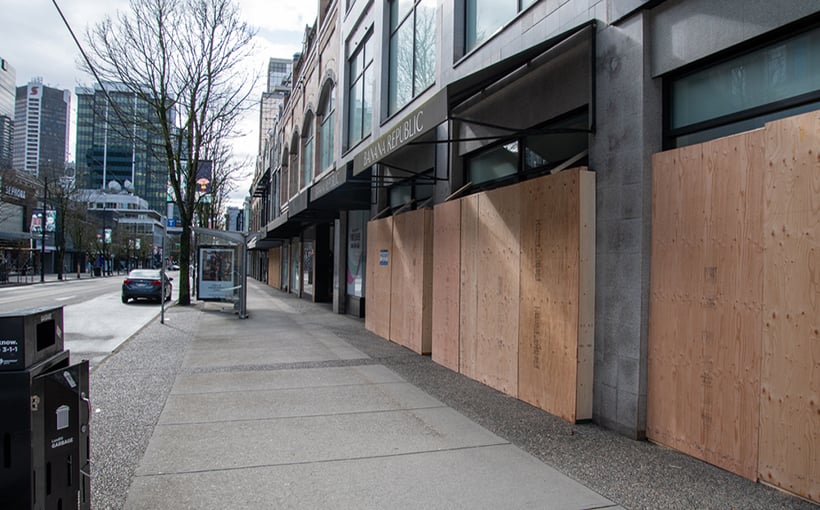Unraveling the Myth of the Office “Doom Loop”
This article is part of a series that examines the truth behind negative headlines surrounding commercial real estate. Previous articles include “CRE Experts Refute Doom-and-Gloom Office Headlines” and “Experts: Upgrades are Key to Generating Demand in Offices.”
A simple Google search for “real estate doom loop” yields countless results with similar themes – cities under threat, financial institutions at risk, and warnings of an impending economic apocalypse. The main factors cited for this potential disaster are remote work and increasing office vacancies.
However, experts in the field argue that these claims are exaggerated and do not accurately reflect what is happening in the office sector. Scott Morse from Citadel Partners states that while there may be challenges facing offices currently, they are far from collapsing.
The Origin of Doom
The theory behind this supposed doom loop originated with Stijn Van Nieuwerburgh, a professor at Columbia University’s Graduate School of Business who suggested that remote work would have a detrimental impact on offices by causing higher vacancy rates and decreased leasing activity. This would lead to empty business districts with struggling retailers and restaurants.
Eli Randel from CREXi points out another aspect often overlooked – how this theory also spells trouble for cities themselves as they lose tax revenue due to businesses leaving their downtown areas.
But according to David Martin from Terra Group, when looking regionally rather than just focusing on East or West Coast gateway cities like many reports do – we see more positive trends emerging within certain markets such as South Florida where companies continue moving into new spaces despite offering some flexibility regarding remote work arrangements.
Employees Are Returning
Another reality often ignored by those pushing these dire predictions is that employees have been returning back into physical workplaces over recent months after mandates were put forth requiring them back full-time or face termination if unwilling; CNBC even suggests five-day weeks could become less common going forward but still stresses importance company culture and in-person collaboration.
Aarica Mims from KDC also acknowledges that while remote work has its benefits, many employees have expressed feeling isolated and lonely during the pandemic. This could lead to a gradual return to the office even with hybrid arrangements becoming more common.
Location Matters
When discussing markets like South Florida or Las Vegas, experts like Hayim Mizrachi from MDL Group point out how these areas are seeing steady population growth along with shorter commutes – making them less vulnerable to negative impacts of remote work on their office sectors.
Tony Russo from Lee & Associates also notes how Chicago’s suburbs saw significant leasing activity bounce back in Q2 2021 despite some volatility within this market overall; he believes landlords need to adapt by offering smaller spaces and shorter lease terms as companies continue demanding flexibility going forward.
It’s All About Adaptability
While it is true that the real estate cycle goes through ups-and-downs every decade or so – Ira Singer at Mosaic Construction stresses importance for owners/managers staying current with tenant demand through upgrades/improvements rather than sticking with outdated practices which can lead into “doom loop” territory if not careful. Tony Russo agrees saying today’s businesses require more flexible options when it comes space/lease terms versus what was considered standard pre-COVID-19 .
Doom Defied
In conclusion, while there may be changes occurring within offices due recent events such as COVID-19 , experts remain confident they will continue playing an important role for years ahead albeit looking slightly different than before as footprints shrink but amenities increase alongside evolving workspace needs of modern workforce according Aarica Mims (KDC) who adds “at end day we know one thing: Office isn’t disappearing anytime soon.”


